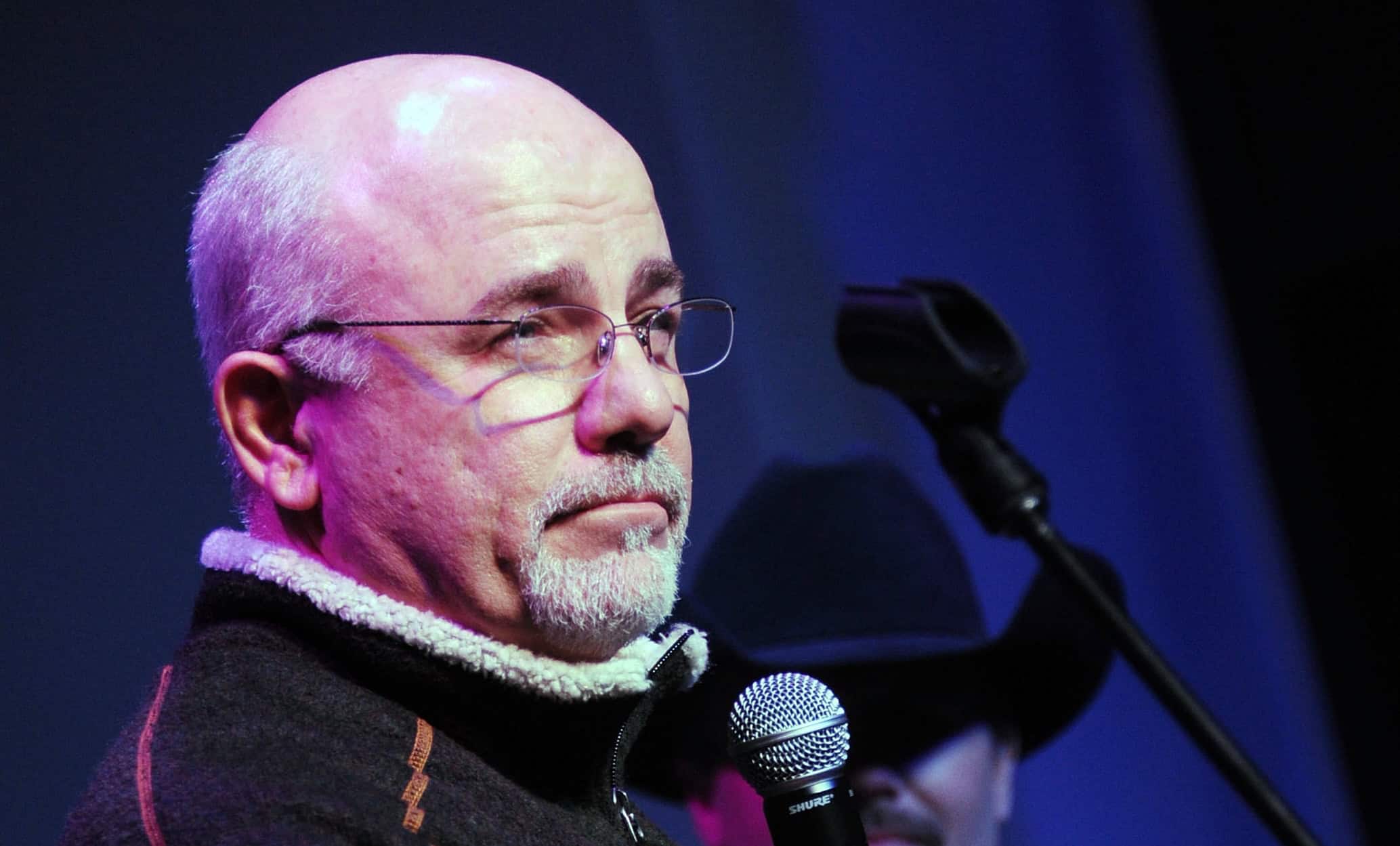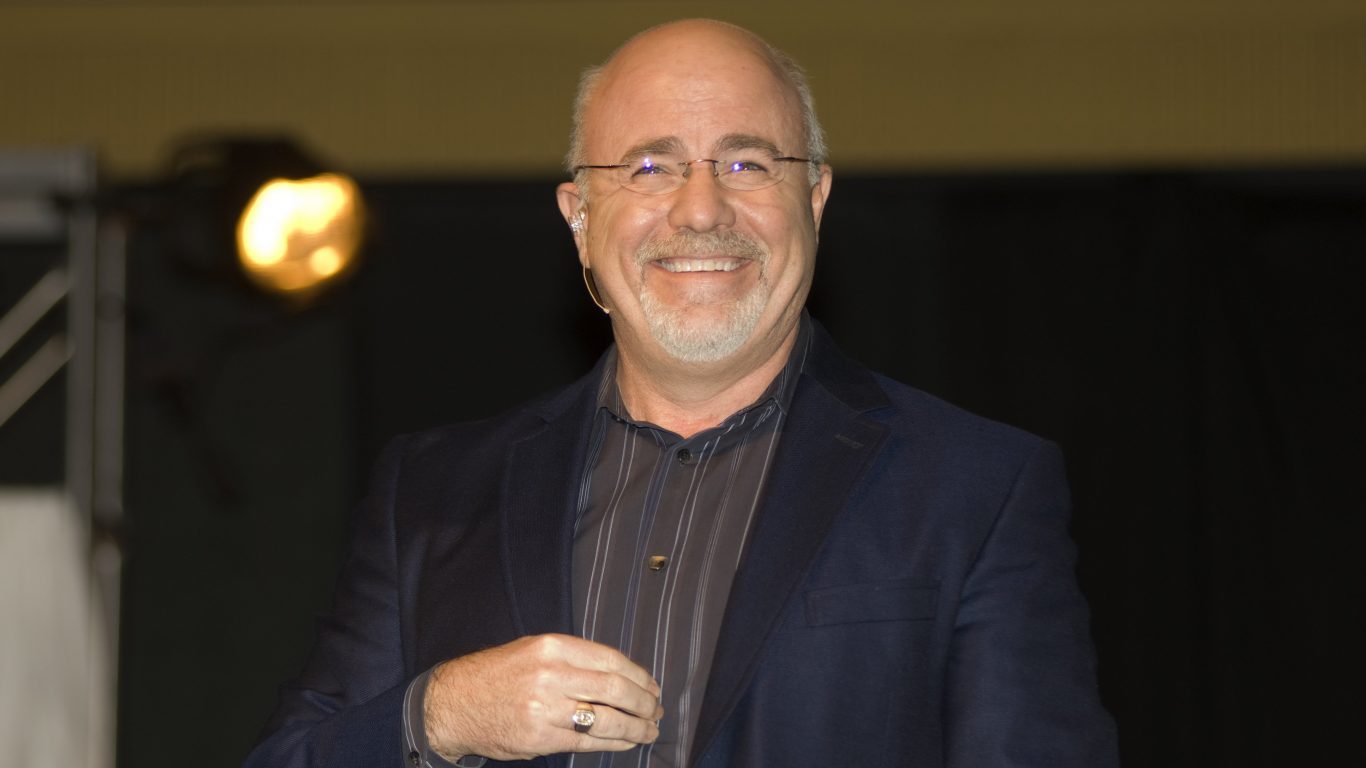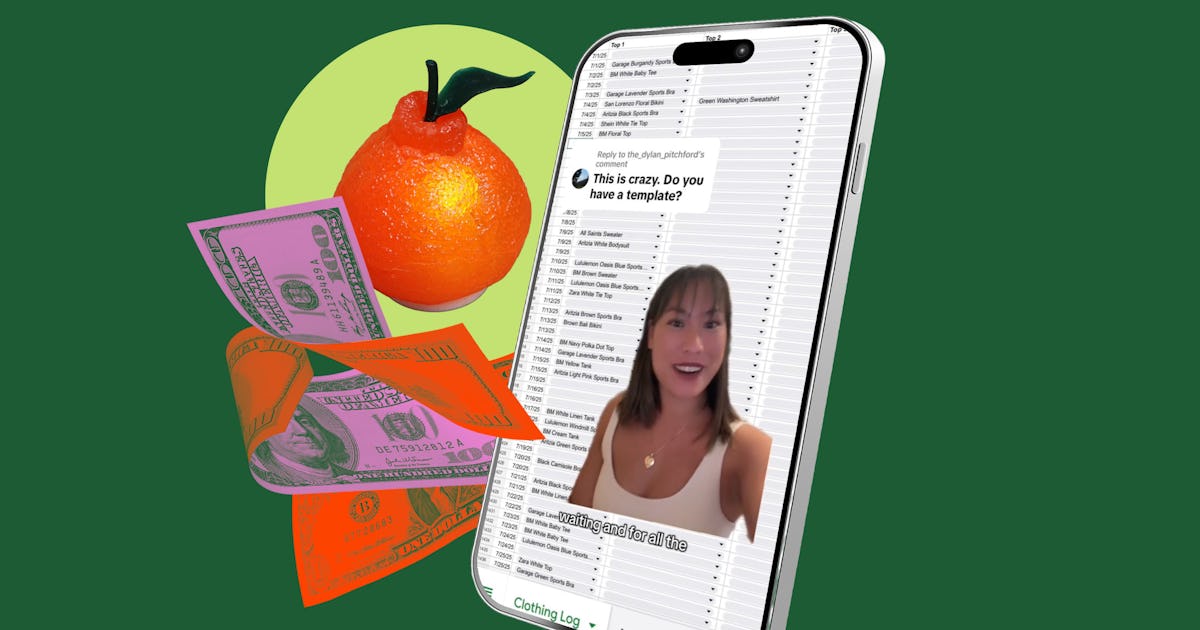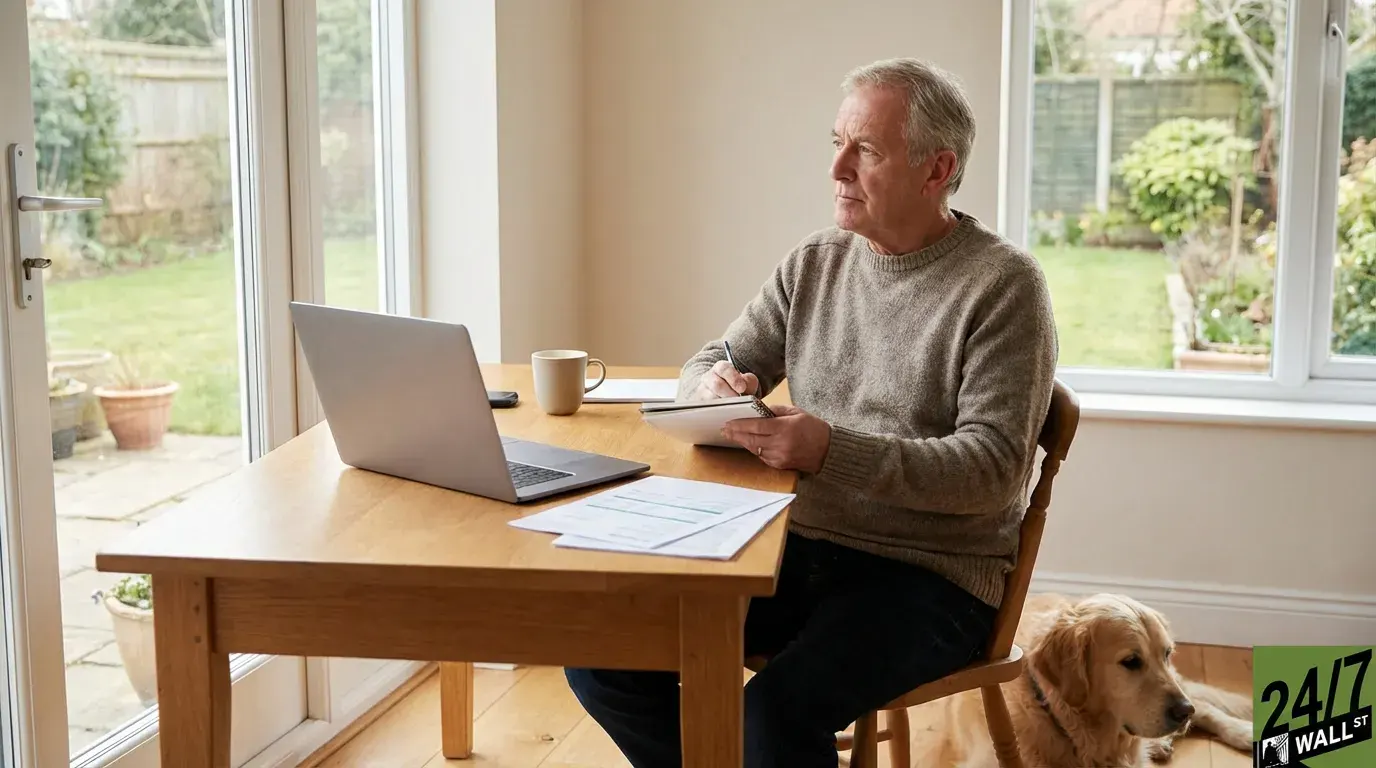#personal-finance
#personal-finance
[ follow ]
#budgeting #savings #retirement-planning #investing #consumer-spending #horoscope #frugality #financial-planning
Real estate
fromSilicon Canals
2 days agoThe financial move most retirees make in their first 6 months that advisors say quietly destroys their savings by year 5 - Silicon Canals
Immediately paying off a mortgage in retirement often reduces liquidity, wastes opportunity, and can cost retirees hundreds of thousands within a few years.
fromMoneyLion
5 days agoGrok Advised Me How To Build Up Wealth in Just a Few Years
As generative artificial intelligence (AI) advances in its capabilities, people are using tools like ChatGPT and Grok, the AI embedded in the social media platform X (formerly Twitter), for general brainstorming. These AI tools have become (maybe-not-so) trusted advisors that can spark ideas or help people sort out their thoughts. You have to fact-check every bit of solid information, since GenAI isn't known for its accuracy.
Business
UK news
fromLondon Business News | Londonlovesbusiness.com
5 days agoCredit card bills soar as Brits face 35% interest shock - London Business News | Londonlovesbusiness.com
Average UK credit card APR has reached 35.8%, driving high interest costs and forcing many borrowers to cut spending, pay balances, or transfer debt.
fromSlate Magazine
6 days agoI Squandered My Grandmother's Final Gift. But I Have a Chance for a Do-Over.
When I was 22, my grandmother died. She was my favorite person. She didn't have a lot of money, but each of us grandchildren got a check for $3,000 from the will. I really, really wanted to do something special with that money, something to honor my grandmother, but I was young and dumb and broke, and it evaporated into rent and burritos and drinks and cigarettes and all the other "necessities" of my young, dumb 22-year-old life. I have had an "IOU" to myself for that money ever since and promised myself that one day, when I had an "extra" $3,000, that would be "grandma's money," and I'd do something special with it.
Retirement
fromwww.thelocal.es
1 week agoInside Spain: The struggle to save up and the darkest January in 30 years
Do you remember a time in your city in Spain when bar and restaurant terraces were not packed with locals having fun (except for during the Covid-19 lockdown, of course)? No matter how tight finances are, Spaniards always seem to have the money for eating and drinking out. Some would say this carpe diem attitude is to be admired rather than sniffed at. After all, it goes hand in hand with the much-admired Spanish lifestyle - outdoors, in the company of others, enjoying the moment.
Miscellaneous
fromSilicon Canals
1 week agoPsychology says people who always pay with exact change display these 7 personality traits that go beyond just being organized - Silicon Canals
They're displaying a fascinating set of personality traits that go much deeper than having their finances sorted. 1) They have exceptional impulse control Think about what it takes to always have exact change ready. You need to resist the urge to spend those coins on vending machines or leave them as tips. You have to plan ahead, knowing what you'll buy and preparing accordingly.
Psychology
Retirement
fromSubstack
1 week agoAn IRS Agent's Side Hustle, Anthropic's $300B Tender, & Can You Afford a $1.8M Home? - Ep 176
Coverage includes IRS moonlighting, managing overfunded 529s, investment diversification, insider purchase signals, selling private shares, Anthropic valuation, and high-income home affordability.
Business
fromIndependent
1 week ago'Dealing directly with hotels can be more cost-effective than third-party booking sites' - money experts reveal how they pay less for their holidays
Avoid credit cards and spread holiday costs across the year to reduce post-holiday debt and enable annual travel through planned saving.
fromFast Company
1 week agoIn one sentence, Amy Poehler sums up how boomers, Gen X, millennials, and Gen Z differ when it comes to money
He says that for boomers, who lived through an economic boom, accumulating wealth was easy-or at least easier than it has ever been since. Baby boomers currently hold more than $85 trillion in assets, making them the richest generation by far. Therefore, they earn the title "all about the money." Millennials, meanwhile, were handed a map and told the exact steps to follow to find the financial success their parents enjoyed.
Business
fromSilicon Canals
1 week ago8 spending habits that keep you looking rich but actually broke, according to financial advisors - Silicon Canals
Ever notice how the people with the flashiest lifestyles often have the emptiest bank accounts? It's a strange paradox: those who look the wealthiest are sometimes the ones struggling most to make rent. I learned this lesson the hard way after being laid off during media industry cuts. Those four months of freelancing taught me something crucial about money that I wish I'd understood earlier.
Business
fromBusiness Insider
2 weeks agoI'm on top of my finances, but my partner couldn't care less about hers. How do I convince her to take this seriously?
For Love & Money is a column from Business Insider answering your relationship and money questions. This week, a reader is frustrated that his partner of nearly a decade is avoidant with financial planning. Our columnist suggests either being comfortable with separate finances or gently guiding his partner along her personal finance journey. Dear For Love & Money, My partner and I have been together for almost 10 years now.
Relationships
Silicon Valley
fromSilicon Canals
2 weeks ago8 habits that seem financially responsible but are actually the exact things keeping lower middle class families stuck forever - Silicon Canals
Many commonly taught 'responsible' money habits—obsessing over small savings, buying cheap items, and prioritizing frugality—sabotage wealth building and income growth.
from24/7 Wall St.
2 weeks agoThree Expensive Lessons I Learned Too Late About Money
Looking back, it's easy to spot the moments where things could have gone differently. At the time, each financial decision felt justified, and sometimes even smart! Whether it was driven by optimism, pressure, or a belief that I could "figure it out later," I made choices that seemed reasonable in the moment but were costly over time. What surprised me most wasn't just the money lost, but how similar the underlying mistakes were.
Real estate
Careers
fromBusiness Insider
3 weeks agoI was laid off by Amazon and am struggling to find work. The job market feels like a brick wall, and I'm worried about my finances.
A laid-off Amazon IT support engineer is struggling to find new work, using severance to cover essentials while prioritizing budgeting and steady applications and networking.
Mental health
fromSan Francisco Bay Times
3 weeks agoMoney Dysmorphia Explained: Why Smart People Feel Broke When They're Not - San Francisco Bay Times
Money dysmorphia causes intense financial anxiety and guilt despite objectively healthy finances, driving overwork, avoidance of desired experiences, and chronic uncertainty about having "enough."
fromScary Mommy
3 weeks agoWomen Are Sharing Their Best Purchases of 2025 And They're All So Good
We live in a world of consumerism whether we like it or not. It's hard to do anything or go anywhere (or even doom scroll) without being served up the latest gadget, subscription, or solution - most of which end up being a reason you have to devote so much time to decluttering the damn house. How can you know when your latest splurge is actually worth it or just a waste?
Digital life
from24/7 Wall St.
3 weeks agoHow Much Money Do You Need to Retire Early? Here's What Suze Orman Says
First, she said that $2 million isn't nearly enough to retire early on. She then went on to say that it might take a good $5 to $10 million to retire early without financial worries. Yep, you read that correctly. Are you shocked? Well, maybe you shouldn't be. In the past few years, we've seen inflation drive living costs up dramatically. And it's hard to predict how much havoc inflation will continue to wreak.
Real estate
fromIrish Independent
4 weeks agoMy Money: 'My entire teens and college years were spent budgeting how I could afford nights out with my friends '
Abbie Beggs is a business owner and content creator. In 2020, during the first Covid-19 lockdown, when she was 20 and facing into her final year at university, she decided to launch Bound Apparel to fill a gap she identified in the market. There were plenty of leggings suitable for time spent at the gym, but what about the other hours of the day?
Startup companies
fromSilicon Canals
4 weeks ago10 "normal" expenses that quietly wreck middle-class budgets - Silicon Canals
Remember that moment when you check your bank account and wonder where all your money went? Last month, I had one of those wake-up calls. After getting laid off and freelancing for four months, I thought I'd gotten pretty good at budgeting. But there I was, staring at my statement, realizing I'd somehow spent $847 on things I couldn't even remember buying. That's when it hit me: The problem was all those "normal" expenses that everyone just accepts as part of life.
Digital life
fromBusiness Insider
1 month agoDo you trust AI enough to stop saving for retirement?
You can't completely discredit Musk's take, though. Yes, forgoing retirement on the belief that AI and tech will just figure it out in a few decades is a massive gamble. But the past few years have reminded us that tech can quickly flip the script on conventional wisdom. Five years ago, a career as a computer programmer felt secure. Now ... not so much.
Artificial intelligence
Real estate
fromSlate Magazine
1 month agoI Want to Teach My Kids One Final Lesson From Beyond the Grave. Trust Me, They Deserve It.
Disciplined saving, debt elimination, and rental-property strategy produced significant retirement assets while adult children’s poor financial choices create stress and demands for help.
Digital life
fromBusiness Insider
1 month agoA millennial who hit a 7-figure net worth after quitting corporate life to be a content creator explains how to make money online
Authentic, trend-aware personal finance content plus digital products and brand partnerships scaled Break Your Budget into a high-earning creator business.
Business
fromLondon Business News | Londonlovesbusiness.com
1 month agoMore than half of Brits are starting 2026 in debt - London Business News | Londonlovesbusiness.com
Over half of Brits enter the New Year in debt after Christmas, averaging £635 spent and typically taking weeks to repay festive costs.
UK news
fromLondon Business News | Londonlovesbusiness.com
1 month agoBrits plan extreme cutbacks to save over 2,000 as 2026 begins - London Business News | Londonlovesbusiness.com
Almost half of Brits plan money-saving New Year's resolutions, aiming to save over £2,000 on average, driven by rising living costs and security concerns.
fromThe Verge
1 month agoHere are over 20 gadgets that'll help you achieve your New Year's resolutions
Then life happens, and suddenly it's June and you can't recall what your resolutions even were. But it doesn't have to be that way. Sometimes the problem isn't a lack of motivation but rather a lack of tools, the kind that can make those goals feel more manageable and easier to achieve. After all, the right gear can help turn good intentions into habits that actually last.
Gadgets
Books
fromIndependent
1 month ago'I'm getting married in 2027. So that's a great come around' - Eoin McGee on the injury that changed his life, finding new love and his latest financial advice book
Eoin McGee begins a new life chapter after an eight-year health scare, shifting focus to philosophical and practical strategies for living free from financial stress.
UK news
fromLondon Business News | Londonlovesbusiness.com
1 month agoExperts reveal ways to maximise your savings in the New Year - London Business News | Londonlovesbusiness.com
Use tax-advantaged ISAs and other savings accounts to protect and grow funds, choosing cash or stock options based on risk tolerance and access needs.
Digital life
fromeLearning Industry
1 month agoHow eLearning Improves Personal Finance And Responsible Spending
eLearning delivers accessible, interactive personal finance education that builds budgeting, saving, debt management, and investing skills, improving financial decisions and long-term stability.
fromwww.mercurynews.com
1 month agoHoroscopes Dec. 31, 2025: Gabby Douglas, being happy with yourself and how you look
Happy Birthday: Give yourself a chance to calibrate what satisfies your needs before you venture forward. Having the facts and formulating the outcome first is necessary this year if you want to be successful. Being happy with yourself and how you look, feel and present yourself to others qualifies you to give your all and assume a position of control. Put your emotions to rest and your valuable assets to work for you. Your numbers are 8, 19, 22, 27, 36, 42, 45.
Arts
fromIndependent
1 month agoNine money lessons I learned this year: from family finances and debt to freebies and frugality
When I started writing for the Money section earlier this year, a few people I told seemed surprised. Evidently, I was not thought of as a very money-savvy person, and that's fair - I don't think I came across as one. And while I'm no financial fool, working on money stories and keeping up with the different perspectives that Indo Money publishes has still been enlightening.
Business
[ Load more ]

























